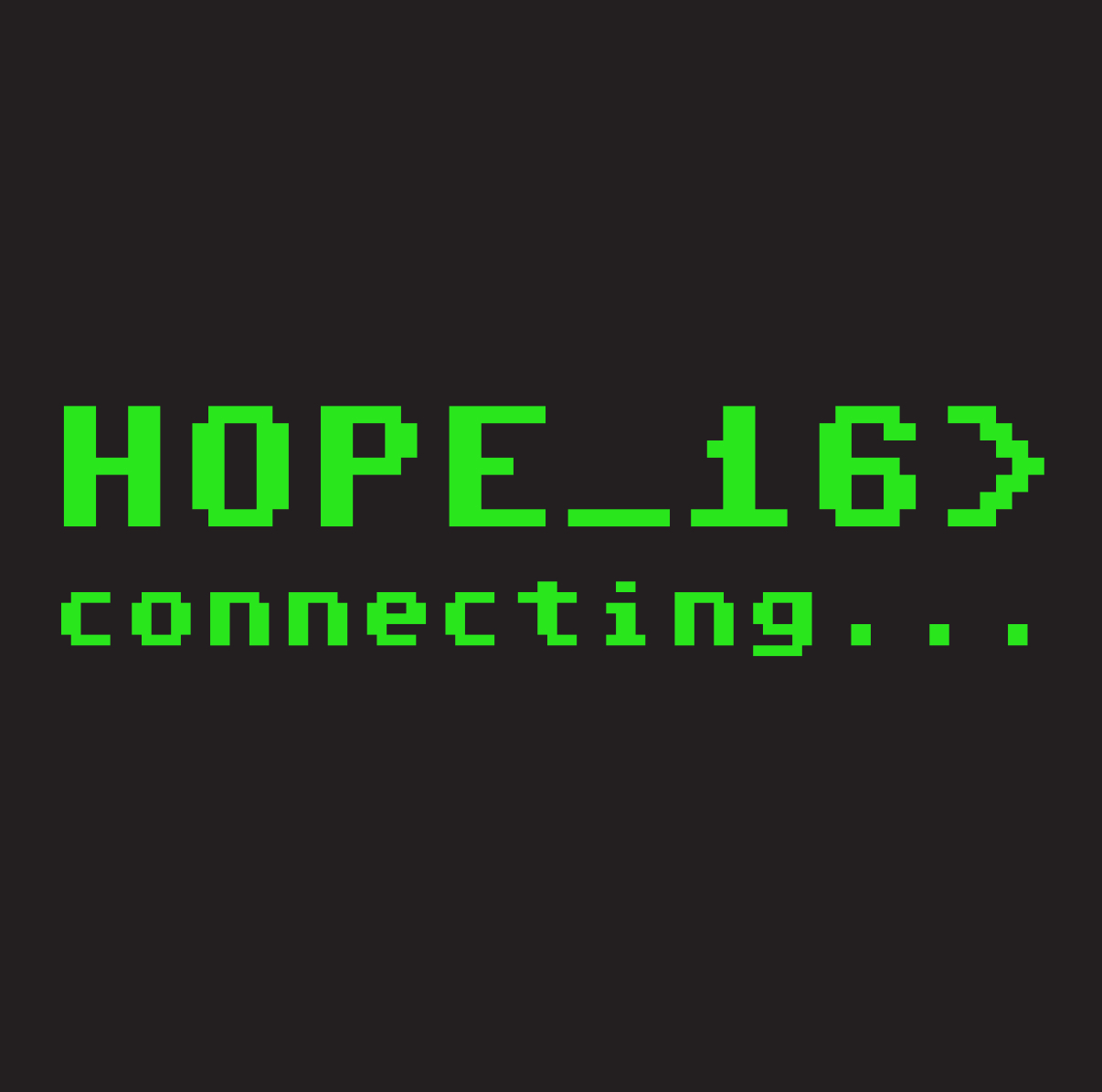RF Village Village
Welcome
The intent is to help people experience various wireless communications projects/services available to makers, hackers across the Radio Frequency (RF) Spectrum. Whether you have a (Amateur Radio) license or not, you can enjoy ways of sending and receiving RF signals. All activities are targeted at the beginner and intermediate level.
Activities
Exploring RF with SDR for the Absolute Beginner
Tuesday: 1600 EDT/2000 UTC (One Hour)
A guide on the bare minimum information required for you to quickly experience capturing, listening, and processing (decoding) signals with open source and off the shelf SDR resources. Hardware of choice will be the RTL-SDR v3.
Capture the Signal for the Absolute Beginner
Tuesday through Sunday
Arming yourself with at minimum a cheap Software Defined Radio (SDR) kit, a modest outside wire antenna, and some open source software we will post a series of challenges that involve you capturing a signal and deciphering the message to unlock the next challenge. We will focus on live signals on the HF bands and look to complement with some recorded signals for those who may not have a station setup.
Show and Tell
Thursday, Friday, Saturday: 1600 EDT/2000 UTC (One Hour)
Do you have an Open Source RF project you would like to share? You chance for 15 minutes of fame as we open the floor to hear four projects over the hour. Contact us to slot you some time at rfvillage AT cupano DOT com
HOPE 2020 Radio Net
TBD
HOPE XI is the first year we ran an Amateur Radio repeater encouraging licensed attendees to make new contacts. We tried adding an Echolink node so we could have global reach but it did not work out. This year we will look to run a one hour net accessible via DMR and Echolink. W2H will be available via the net.
W2H Operating Schedule
special event station W2H will be operating from New York (state) on various Amateur Radio HF bands focusing on digital modes in the 20 and 40 Meter Band. Successfully contact us or send date/time you heard us and you will receive a QSL Card (snail mail or electronic.) Operating schedule is subject to change according to band conditions. Digital modes will be used on all bands in schedule. Schedule will be updated with specific mode used closer to the operating day.
| Time (UTC) | Day 1 | Day 2 | Day 3 | Day 4 | Day 5 | Day 6 | Day 7 | Day 8 | Day 9 | |
|---|---|---|---|---|---|---|---|---|---|---|
| 0001 - 0100 | --- | --- | 7040-7125 KHz | 7040-7125 KHz | 7040-7125 KHz | 7040-7125 KHz | 7040-7125 KHz | 7040-7125 KHz | 7040-7125 KHz | |
| 0200 - 0259 | --- | 7040-7125 KHz | 7040-7125 KHz | 7040-7125 KHz | 7040-7125 KHz | 7040-7125 KHz | 7040-7125 KHz | 7040-7125 KHz | 7040-7125 KHz | |
| 2200 - 2259 | --- | 14060-14100 KHz | 14060-14100 KHz | 14060-14100 KHz | 14060-14100 KHz | 14060-14100 KHz | 14060-14100 KHz | 14060-14100 KHz | --- | |
| 2300 - 2359 | --- | 14060-14100 KHz | 14060-14100 KHz | 14060-14100 KHz | 14060-14100 KHz | 14060-14100 KHz | 14060-14100 KHz | 14060-14100 KHz | --- |
FAQ
Don't have a radio?
No problem. Check out these freely accessible online SDRs.
What can I use to decode digital modes
Recommended cross-platform software includes FLdigi and WSJT-X. Will be updating this page on how to use the software with a radio or piping from audio from an online SDR.
Can I still decode digital signals if I am using an online SDR?
Yes. Using virtual audio cable you can pipe output of online SDR to input of digital decode software.
Questions?
Any questions, ideas, can be directed to rfvillage AT cupano DOT com
